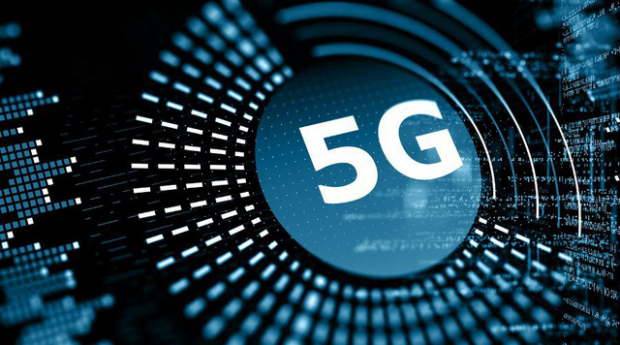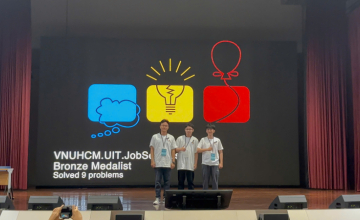TTO – Networks operators around the world will shift to 5G, Vietnam also has its plan. So what advantage does 5G make compared to 4G?
Since the arrival of 3G, Data has started to be in fashion whenever people mention computer networks. Though 4G is considered to be high speed, it does not completely satisfy internet users while the demand for mobile internet connection is increasing rapidly. Therefore, 5G is expected to make the mobile internet perfect.
Peak speed at 10Gbps - 20Gbps
On June 14, 2016, a plenary meeting brought together more than 600 representatives from operators, equipment manufacturers, chipset suppliers and Internet service providers, the 3rd Generation Partnership Project (3GPP) approved the independent deployment ability of 5G New Radio (NR) standard. The meeting ushered in the R15 standard era.
This day was considered as the 5G next-gen’s birthday.
The R15 standard takes commercial needs its priority towards advanced mobile broadband (eMBB). It can provide a maximum speed of 10 Gbps at 100 MHz bandwidth, and 20 Gbps at 200 MHz bandwidth.
In comparison to the current 4G with the highest speed at a few hundred Mbps (4G in Vietnam is currently only a few dozen Mbps), Gbps speed is considered perfect for instant connection of mobile networks. Therefore, the making of 5G is to level up mobile broadband services.
Many technology companies believe to capitalize on 5G in bringing mobile Internet, especially mobile video, to the level as the same as that of today's mobile service, allowing users to enjoy mobile broadband services at anytime and anywhere.
Technology companies also expect that by the end of 2019, R16 and the next generation standard will have shown up and addressed the challenges of huge amount of connection and extremely low latency.
5G perfects 4G network
According to Huawei’s statistical figures, for China Unicom network, monthly data per 4G user (DOU) increases to 9 GB in China. The China Mobile’s DOU is roughly 5 GB and the figure is expected to triple by next year. China Telecom's DOU is nearly 7 GB.
The DOU has reached 70 GB, and 35 GB in Kuwait, and Saudi Arabia respectively. In Finland, DOU has increased to 43% just in one year to 20 GB, etc.
Obviously, there is an increasing need from users around the globe to consume more data. However, experience and its speed do not meet their expectation. An actual fact which is accepted by network operators is that 4G networks can hardly ever meet the needs of current users.
According to a survey conducted by Huawei and a Chinese operator on the Internet browsing in 30 top developed cities where Huawei offers its services, the average rate has dropped by 53%, from 51 Mbps (2017) down to 20 Mbps. This figure proves that network capacity cannot keep up with users’ needs and the service growth.
During Internet rush hours in a China’s large city, uplink speed is only 400 Kbps and the downlink speed is 4 Mbps. Users’ experience is facing a bottleneck situation in these areas. It is a common problem that leads to poor user experience in developed regions.
Therefore, 5G network is naturally expected by both users and network operators. With speed up to Gbps line, 5G can completely meet the growing needs of mobile internet users.
Besides, 5G will support up to 100 billion connected mobile devices, which is a much larger number than that of 2G, 3G or 4G networks can support. This is extremely necessary as the number of network connected devices is expanding such as IoT devices, smart devices, etc.
However, in terms of architecture and protocol systems, 5G and 4G use the same architecture. 5G is built on 4G and expands its potential. The baseband blocks (baseband) and their remote wave blocks are similar. Their protocols are also largely the same. Mobile Internet services still account for the majority of data traffic in both 4G and 5G networks.
The slight difference between them is that advanced encryption algorithms as well as privacy and security mechanisms will make 5G safer. That means 5G has better security in comparison with 4G.
Source: tuoitre.vn








